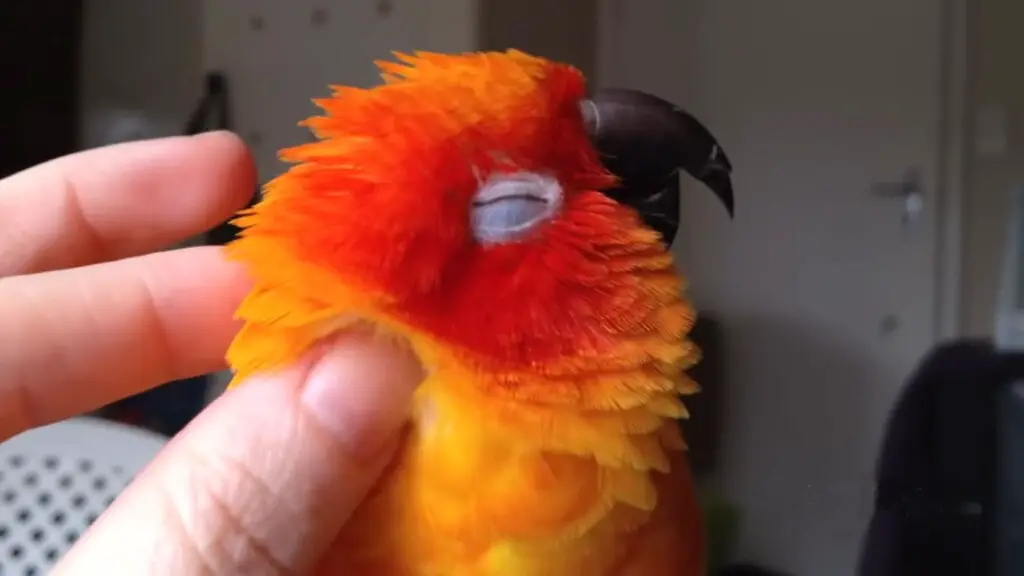Can Conures Eat Peanuts?
Conures, those vibrant bundles of feathered fun, steal hearts with their playful antics and dazzling plumage. But when it comes to treats, what about peanuts?
Can these nutty snacks join the conure party, or should they be strictly off-limits? Let’s crack open the case and get to the bottom of the peanut puzzle!
Peanuts are popular snack choices for many birds, and conures often go nuts for their rich flavor.
But before you toss your feathered friend a shell-laden goodie, it’s important to understand if peanuts are truly safe and healthy for our avian companions.
So, buckle up, bird lovers, and let’s take a dive into the world of conures and peanuts!
Peanuts: To Shell or Not to Shell?
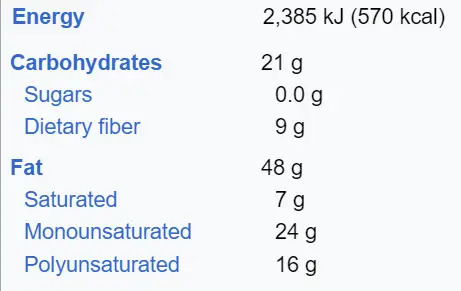
The good news is, conures can indeed munch on peanuts, but with one crucial caveat: moderation! Think of peanuts as occasional party favors, not everyday main courses. Why the caution? It all boils down to a couple of key points:
- Fat Stacks: Peanuts, like many yummy treats, are loaded with fat. Almost 50% of peanuts is fat! While fat provides essential energy, too much can lead to weight gain and nutritional imbalances in these active little birds. Think of it like your friend enjoying a slice of cake everyday – delicious, but not exactly fueling for a mountain climb.
- Vitamin Vacuum: Unfortunately, peanuts pack a punch of fat but fall short on the essential vitamins and minerals conures need to thrive. They’re like candy bars – tasty but lacking the nutrients for a balanced diet. Think of it like offering your buddy cookies instead of broccoli – yummy, but not going to keep them going strong.
- Moldy Menace: Another hidden risk lurking in peanuts is the potential for harmful mold, particularly Aspergillus. This nasty fungus can wreak havoc on a conure’s respiratory system, making it especially important to source your peanuts carefully. Choose organic, raw, and in-shell options to minimize the risk.
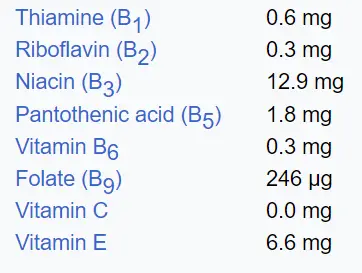
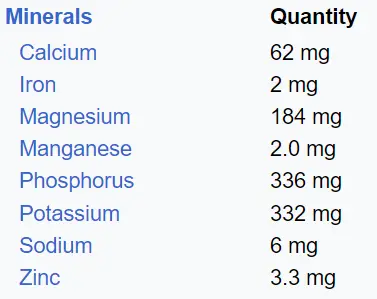
Peanuts contain calcium and phosphorus. But since phosphorus is much higher than calcium, it inhibits calcium absorption.
The amount of potassium is much higher than that of sodium. Although potassium is good for the heart. But too much potassium is always harmful. It may cause seizures to your conures.
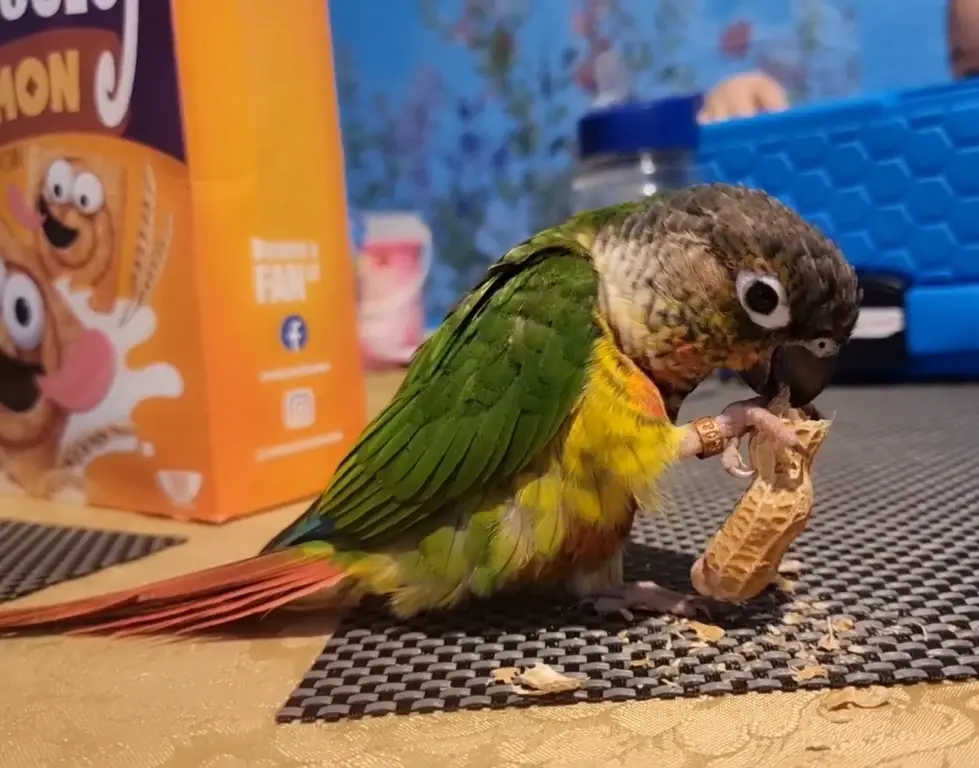
So, should you completely ban the peanut party? Not necessarily! Just remember to keep it occasional, unsalted, raw, and shell-less. Think of it like offering a tiny piece of birthday cake on a rare occasion – a delightful treat, but not the foundation of a healthy diet.
But wait, there’s more! In the next section, we’ll explore some fantastic alternatives to peanuts, ensuring your conure’s snack life is anything but bland. Buckle up, birdies, the healthy and delicious adventure awaits!
Beyond the Peanut Patch: A Treasure Trove of Treats
While peanuts can be an occasional indulgence, let’s face it, variety is the spice of life, even for feathered friends! Luckily, the world of healthy conure treats is bursting with vibrant flavors and essential nutrients. Let’s peek beyond the peanut patch and discover a treasure trove of delicious alternatives:
- Fruit Fiesta: Nature’s candy drawer offers a rainbow of options! Conures can safely savor chopped apples, grapes, berries, mangos, and even the occasional melon slice. These juicy gems are packed with vitamins, minerals, and fiber, keeping your little acrobat energized and healthy.
- Veggie Vibes: Don’t underestimate the power of the green side! Chopped broccoli, carrots, bell peppers, and leafy greens are a vitamin and antioxidant powerhouse, supporting strong immune systems and vibrant plumage. Think of them as superhero snacks!
- Grainy Goodness: Cooked brown rice, quinoa, and millet provide a healthy dose of complex carbohydrates, keeping your feathered friend feeling full and satisfied. Sprinkle in some raw, unsalted sunflower seeds or pumpkin seeds for an extra nutritional boost.
- Bean Bonanza: Cooked beans, like lentils and chickpeas, are protein powerhouses! They’re low in fat and high in fiber, making them a fantastic addition to a balanced diet. Just remember to avoid canned beans with added salt and sugars.
Remember, variety is key! Offer your conure a mix of these healthy treats throughout the week, letting them explore new flavors and textures. It’s a delicious way to ensure they’re getting the nutrients they need while keeping their snack life exciting.
But here’s a friendly reminder: even these healthy options should be offered in moderation. Stick to small portions and keep the majority of your conure’s diet focused on a high-quality pelleted food specifically formulated for their needs. Think of it as the nutritional foundation, with tasty treats adding a sprinkle of excitement!
With a little creativity and these awesome alternatives, you can keep your conure’s snack life healthy, delicious, and full of feathery fun!
Peanut Verdict: Occasional Guest, Not Permanent Resident
So, what’s the final verdict on the peanut party for our conure companions? While these nutty snacks can be an occasional treat, they shouldn’t be a staple in their diet. Think of them like confetti at a celebration – exciting for a moment, but not the main attraction.
Remember the three P’s:
- Peanuts in Moderation: Keep it occasional, a tiny reward, not a regular course.
- Prepare with Precision: Opt for unsalted, raw, and shell-less to minimize risks.
- Prioritize Pellets: Focus on a high-quality pellet diet for complete nutrition, with treats adding sparkle, not substance.
By following these guidelines, you can ensure your conure enjoys the occasional peanut pleasure without compromising their health. And don’t forget, the world of delicious and healthy alternatives is vast! From juicy fruits and vibrant veggies to protein-packed beans and grainy goodness, your feathered friend’s snack life can be an adventure in nutrition and taste.
So, go forth, celebrate peanut treats in moderation, and let your conure’s dietary journey be a rainbow of healthy and delicious choices!
Bonus Tip: Consult your avian veterinarian for personalized dietary advice tailored to your specific conure. They can help you create a meal plan that balances treats with essential nutrients, keeping your feathered friend happy and healthy for years to come!
